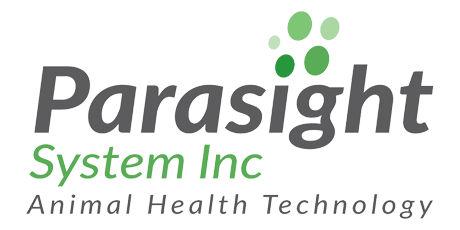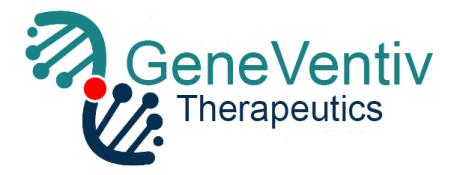OrthoPreserve, Inc.
Over 1 million people in the United States every year receive surgical treatment for meniscus injuries due to their painful and debilitating symptoms. Most meniscus tears are treated with a meniscectomy (removal of the damaged tissue) since the meniscus has extremely limited healing capabilities. The removal of tissue increases the forces exerted on the knee joint cartilage, which can create recurring pain, mechanical impairment/immobility, and degenerative changes much earlier than if the meniscus was intact and protecting the cartilage.









